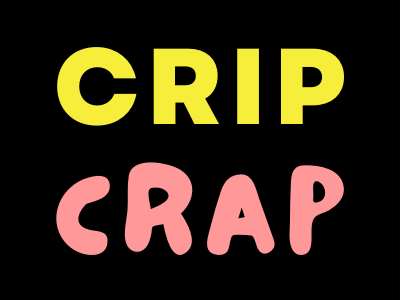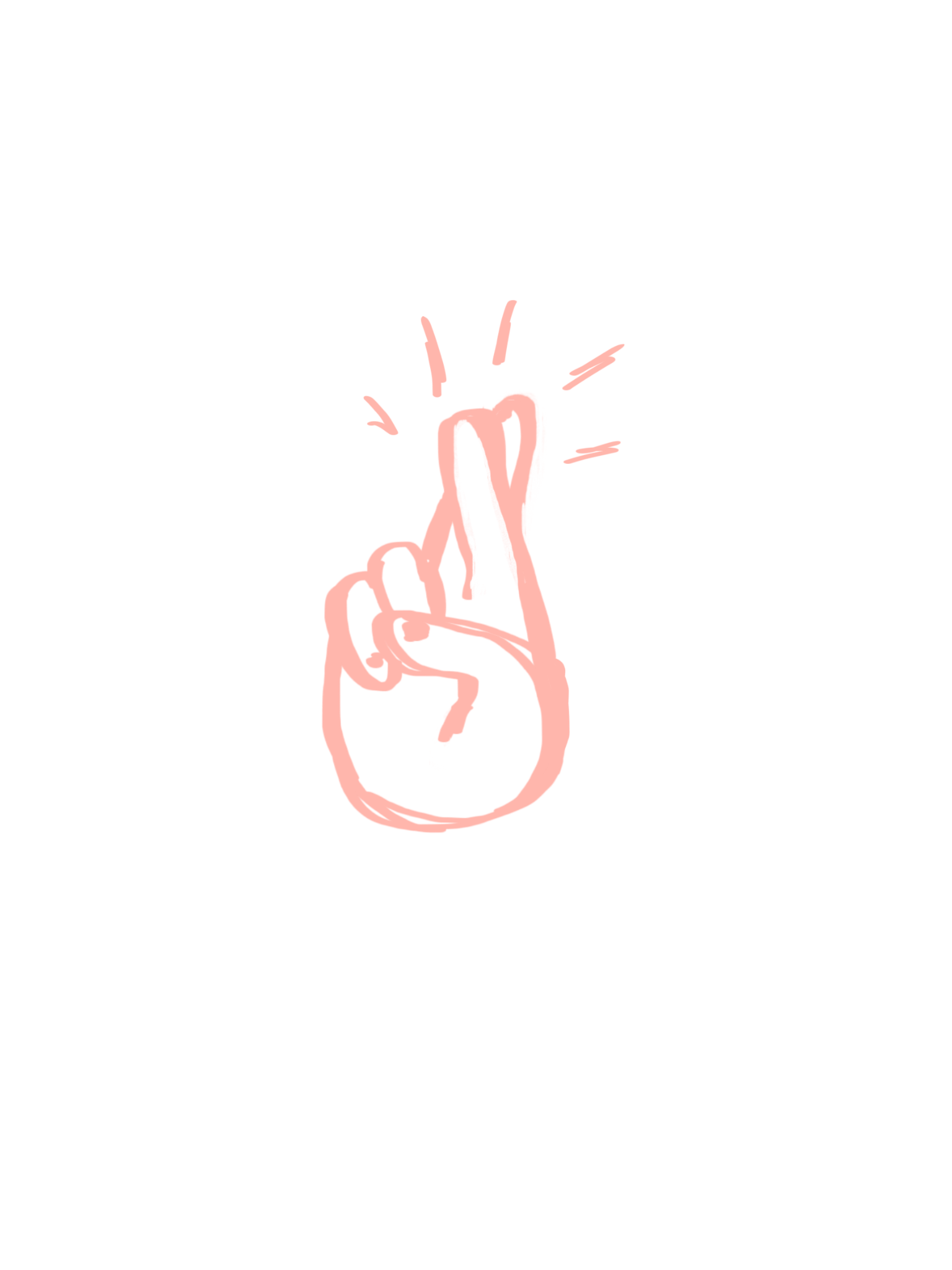A blog about media representation of disability…
fingers crossed the disabled character doesn’t die!
Not Your Champions: Disabled People aren’t Redemptive Plot Devices
Evan Froiland writes about how attempts at self awareness in Champions fail to absolve the film of exploitation.
A Love Letter to Max Chapman: Autism and Race in A League of Their Own
Elizabeth Maher on what A League of Their Own characters Max Chapman and Shirley Cohen tell us about the racialization of autism both in the 1940s and (mostly) today. Or, why Max Chapman is one of the best (unintentionally?) autistic coded characters on television, and more reasons to hate Shirley Cohen.
“Thunder Rolls” – Indie Folk Anthem to an Accessible Future
Kieran Marshall discusses the importance of disabled voices in music, through a review of Kimya Dawson and Wheelchair Sports Camp’s accessibility anthem “Thunder Rolls”.
Dating Mishaps, Sexual Inexperience, and Self-Identity in Ryan O’Connell’s Special
Alexis La’Shay Smith discusses the much needed representation of disabled folks dating and having sexual experiences in Special.
Reflections on the Disability Film Challenge
Crip Crap’s Founder, Kennedy Dawson Healy, breaks down ableism in the film and TV industry and shares her experience creating a short film for the disability film challenge.
Confinement and the Agency of Refusal: Maddening Spencer through an Intersectional Lens
Mad Studies professor Meghann O’Leary discusses Spencer as a story of mad, white womanhood with a new ending.
Disability and Agency in Anime: The Character Arc of Nunnally vi Britannia in Code Geass: Lelouch of the Rebellion
Olivia McAdams discusses disability representation in anime and manga, analyzing the growth of a prominent disabled character, Nunnally vi Brittania.
Reading Anti-Ableism in Steven Universe
Christea Parent does a disability reading of Onion Gang, a Season 4 episode of Steven Universe. They discuss neurodivergence, paternalism, and reaching people where they are.
The Category is: Disability Justice History in Pose
Trans historian Joy Michael Ellison reviews representation of life with sickness in Pose, drawing connections between AIDS activism and disability justice.


